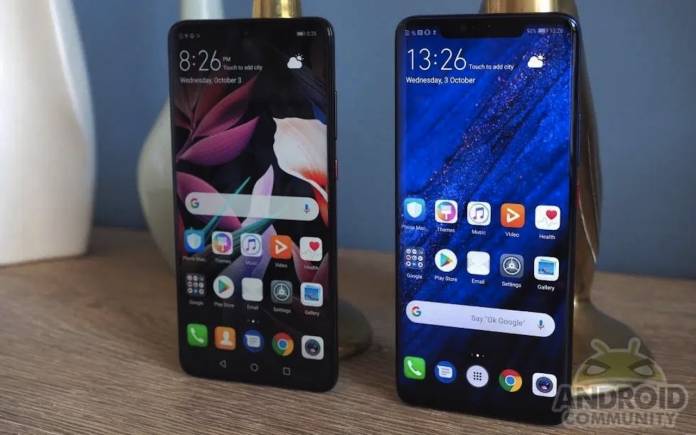
Reports have been floating around that the U.S. government may eventually retract its ban on Huawei as relations with China continue to improve. But apparently, Huawei thinks it may not need Google and its Android ecosystem anymore. One of their country managers in Europe told a local newspaper that even if the trade ban is lifted, they will not return to Google’s services and instead will focus on their own OS that they have been developing as a backup to living in a Google-less world for their devices.
Huawei’s Austrian country manager Fred Wangfei told Austrian newspaper Des Standard said that they are now focused on creating a third smartphone ecosystem after Android and iOS as they do not want to be dependent on current US politics as they do not know if eventually, the winds will change once again. But while they want to create this new thing, they also don’t want to make it hard for app developers and so they want to make it as close as possible to Android.
What they’re developing is close to the Google Play Service functionality, offering APIs that will allow apps to receive push notifications and locations. Huawei has already replicated 24 out of the 60 individual APIs through its Huawei Mobile Services alternative. Now whether that will be good enough for users who are used to the whole Google ecosystem, that remains to be seen.
But after this news came out, in which people assumed there will be no Huawei and Google reconciliation anytime soon, the Chinese OEM issued a statement to Android Police. It simply said that they will still prefer to have an open Android ecosystem. But if they will still not be able to “continue to use it”, they emphasized that they have the ability to develop their own. It’s not necessarily taking back the original statement but it’s also telling us that the original plan is still to have Android.
It will be interesting to see the next chapter in the Huawei-Google story even as we also look at the US-China relations. How the latter turns out will definitely affect the former. The eventual winner (or maybe even loser) will, of course, be the consumer.









